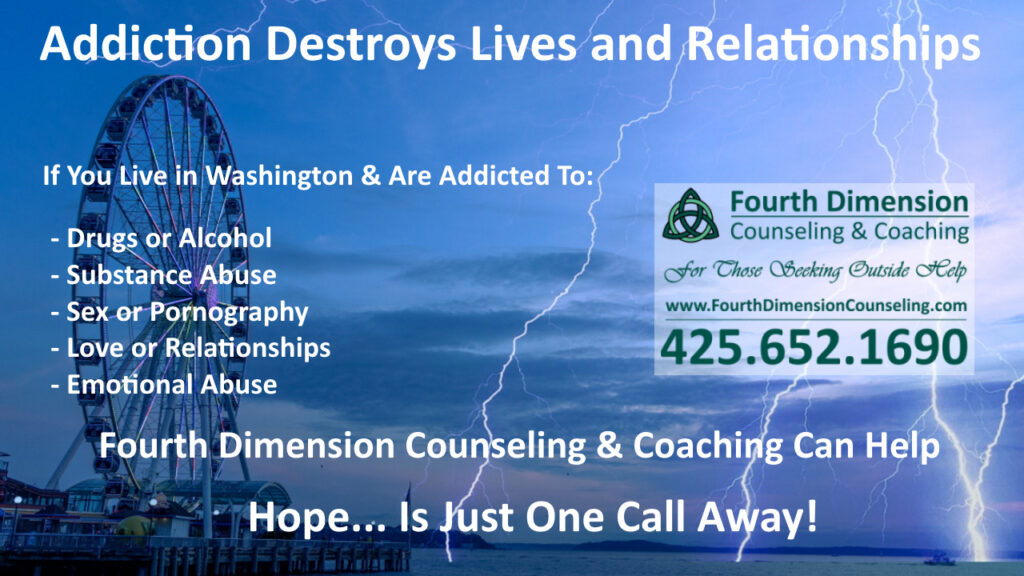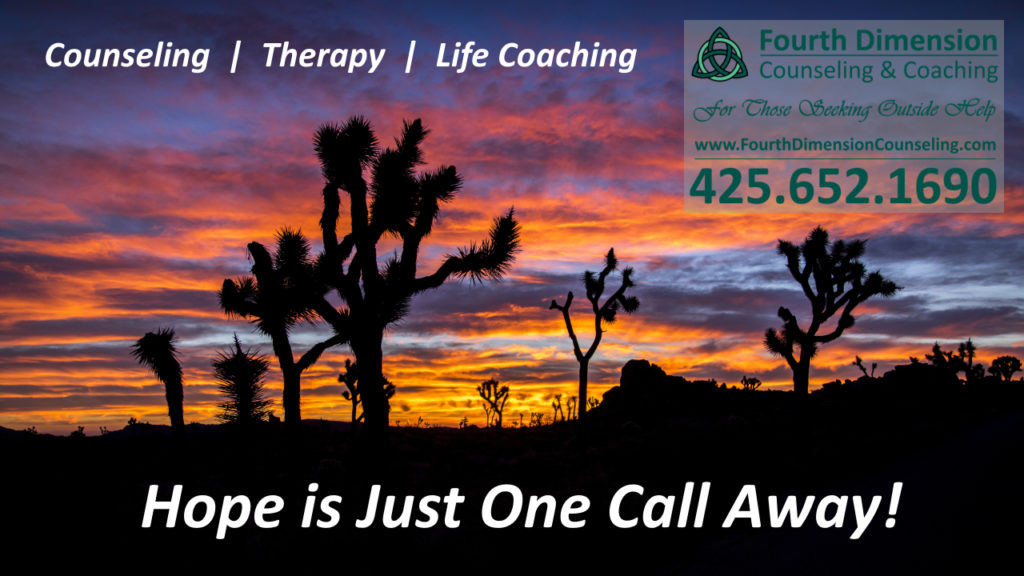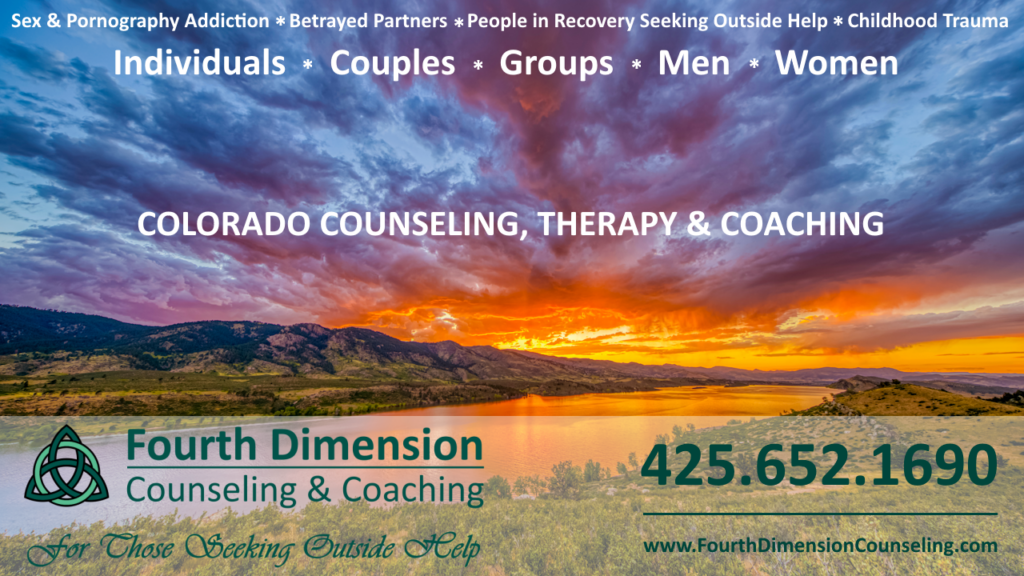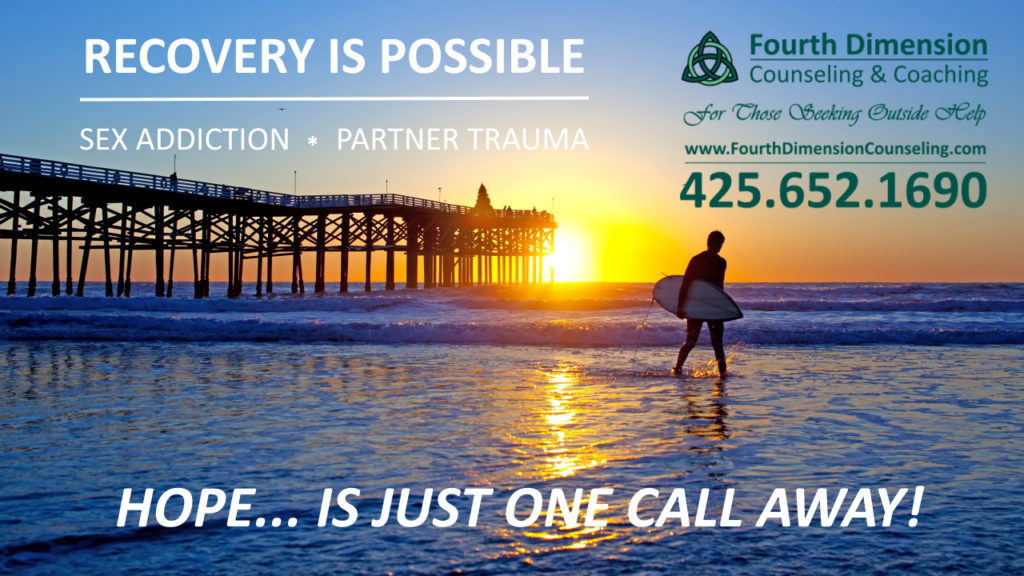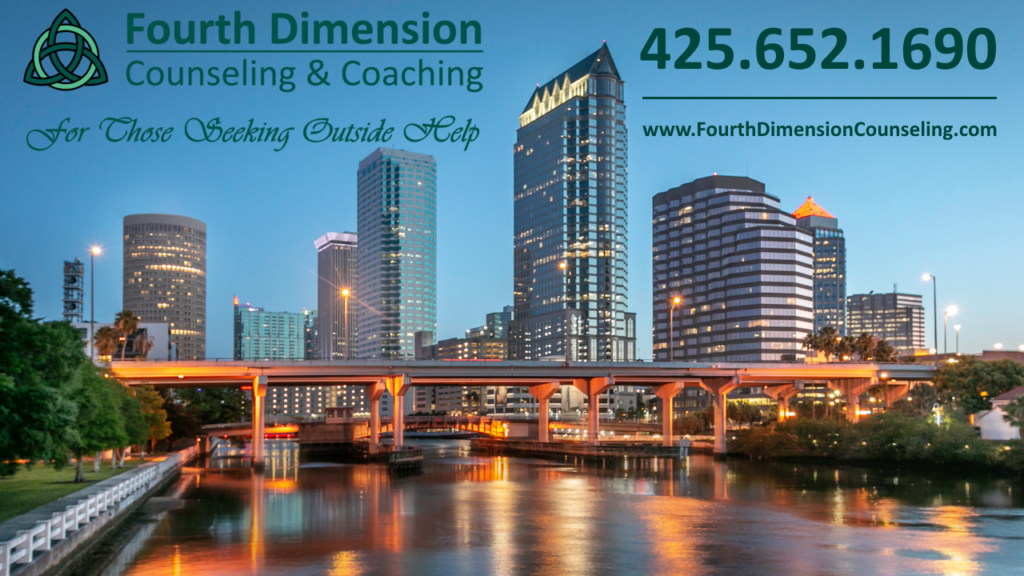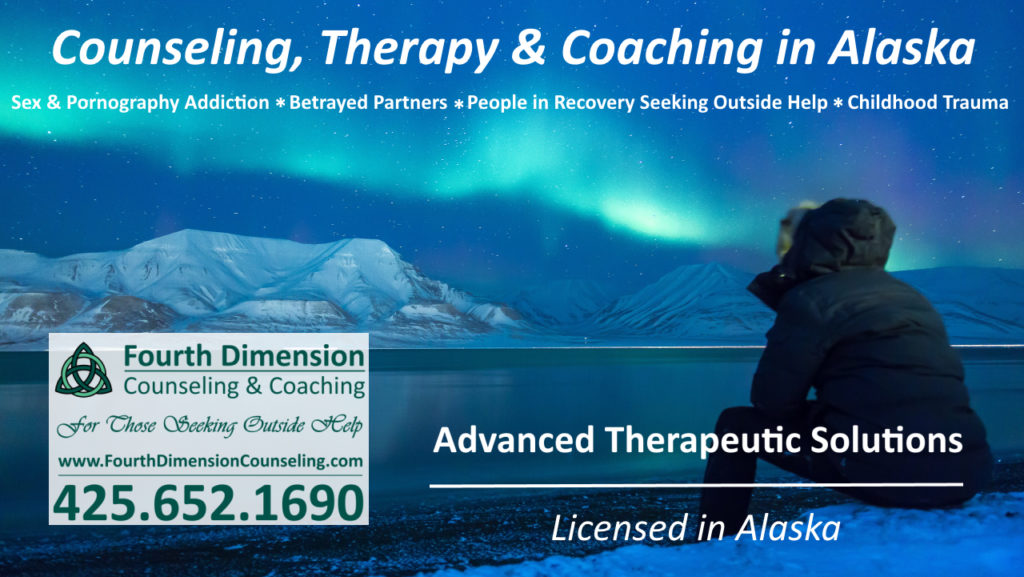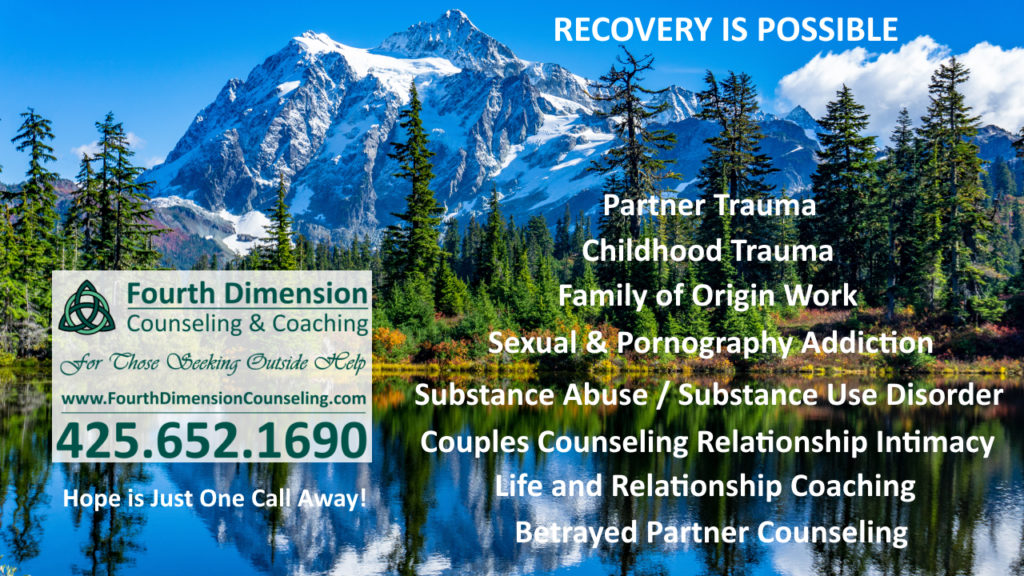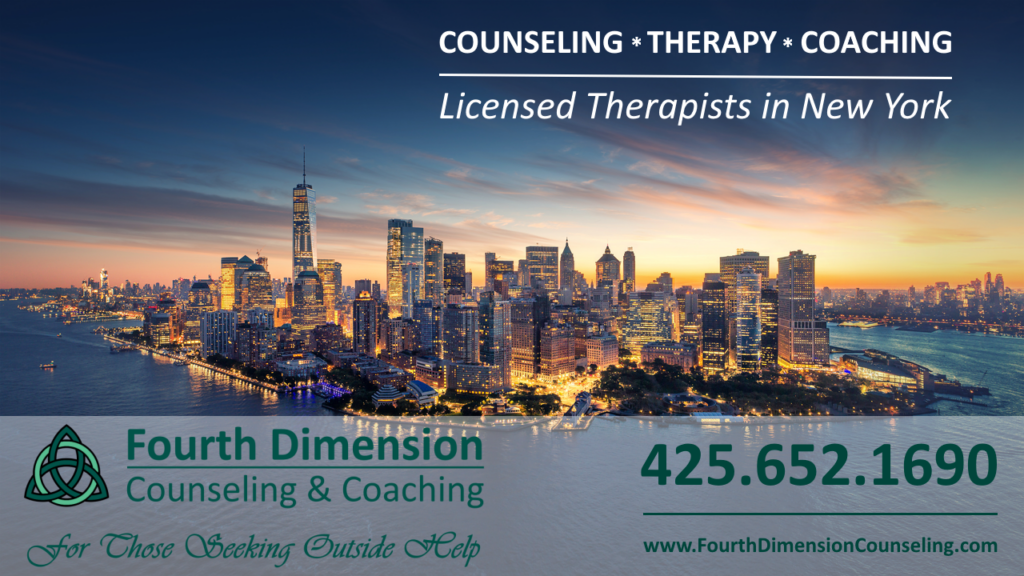Life Coaching
Welcome to the Fourth Dimension Counseling & Coaching – Life Coaching page. In addition to Professional Counseling and Trauma Therapy Services, we also provide Life Coaching services to clients throughout Washington, Alaska, Idaho, Montana, Arizona, California, Colorado, New York, Florida, North Carolina, Indiana, Ohio and Hawaii, via online secure, private HIPAA Compliant Video counseling service.
We serve men, women, individuals, or group counseling and therapy in Seattle. Kirkland, Tacoma, Bellevue and remotely via online in other areas like Eastern Washington, Alaska and Hawaii. A common question we get asked is what is the difference between Life Coaching and Counseling?
What is Life Coaching and how is it different from Therapy or Counseling?
Professional Life Coaching Services in Washington, Alaska, Idaho, Montana, Arizona, California, Colorado, New York and Hawaii

Certified Professional Life Coaches At Fourth Dimension Counseling & Coaching
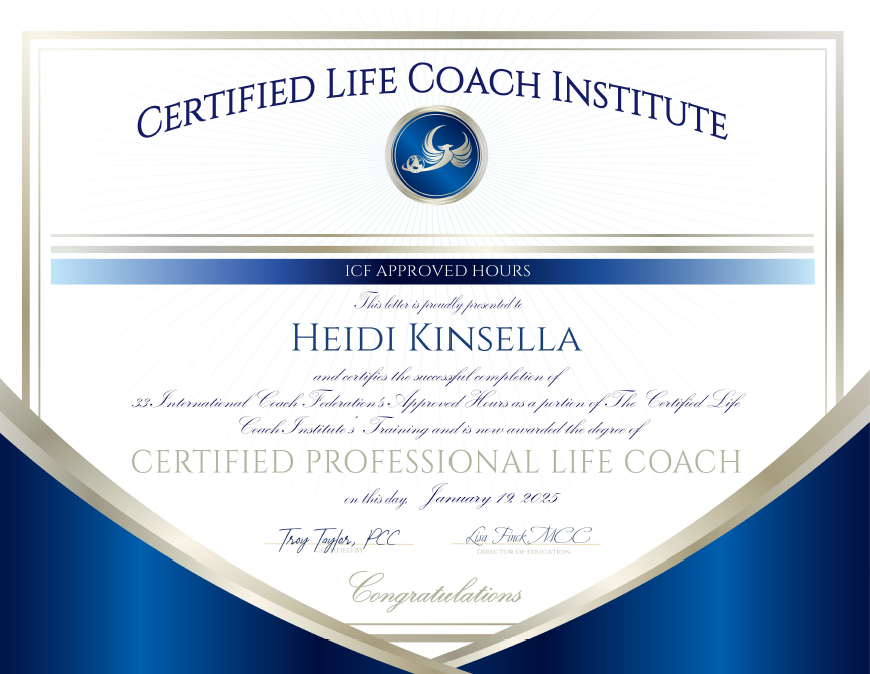
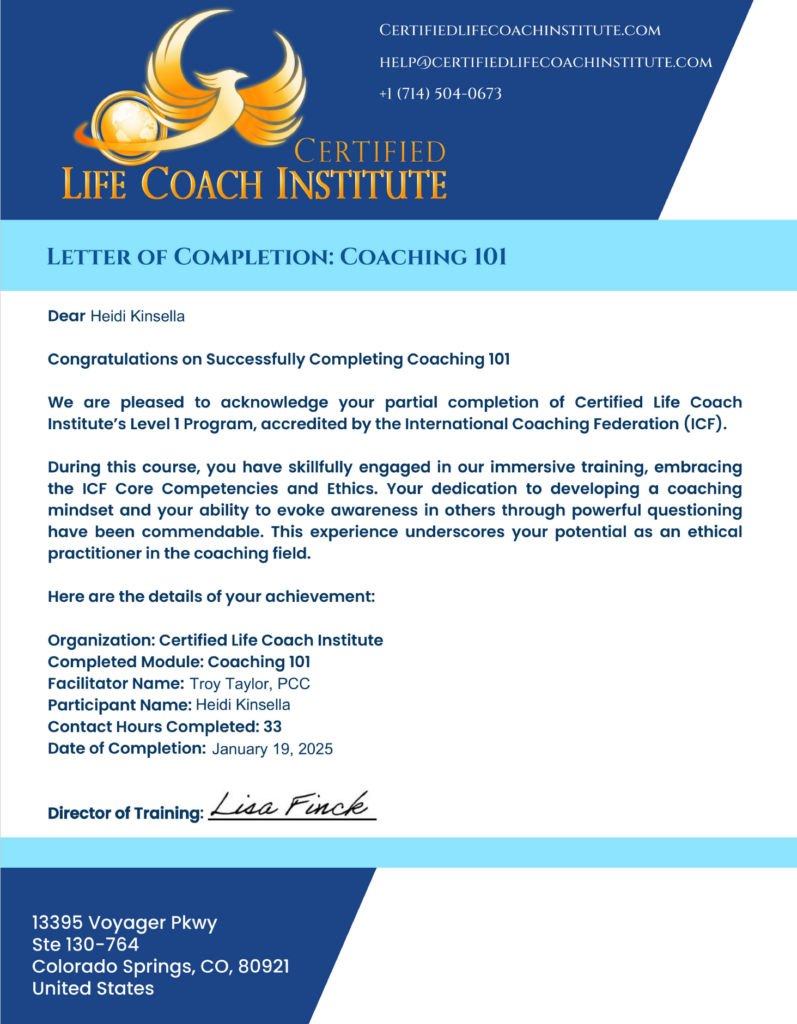
The goal in coaching is to help clients identify and move towards personal and/or professional goals. With the support of our coaches, clients learn healthy and helpful ways to navigate through life’s challenges and create lives they feel excited about.
Life Coaching has its roots in clinical theory and draws on work of Dr. Carl Jung, Dr. Alfred Adler and Dr. Carl Rodgers. As part of the therapeutic process, Jung, Adler and Rogers involved clients in goal setting and life planning because they believed that individuals were fully capable of designing their own lives. These ideas, tenets and approaches continue to be part of modern coaching methods.
Emotional Intelligence, Mindfulness, and Cognitive Behavioral techniques are also import aspects of the coaching process.
Emotional intelligence benefits the client by fortifying their ability to recognize, understand and rely equally on all dimensions of the internal experience of thoughts, wants, and feelings.
Mindfulness technique heightens the client’s focus on their internal experience empowering them to accept and be present in the moment.
Cognitive Behavioral technique awards the client with tools to challenge and redefine thoughts, beliefs, attitudes, and behaviors. The client can use these tools to improve and develop personal coping strategies in order to navigate wisely the challenges of life’s interpersonal relationships.
Coaching draws on the best of these approaches, along with additional types of assistance for clients, such as:
- Helping clients determine their own life dreams and goals
- Collaborating with clients to formulate a plan that will help them achieve their goals and foster and grow their skills and talents
- Helping clients navigate difficult challenges as they pursue their goals
- Teaching strategies and providing tools and materials to clients to help them reach their goals
- Providing a framework of structure to encourage focus and accountability
- Providing support through intentional and empathetic listening
(Lee, M. (2019), “Life coaching client consent & information form,” p. 1)
For those in early addiction recovery, coaching can assist with the following:
- Initial support and assistance in creating a personal recovery plan
- Assistance in designing a plan for support which may include finding safe friends, joining an addiction therapy group, 12 step support
- Assistance in setting up a meeting schedule
- A system of accountability designed, implemented with ongoing support
- Strategies to help break through denial
- Support working through addiction books and workbooks
- Assistance setting up accountability software and monitoring
- Assistance in designing relapse prevention strategies and support
- Providing additional psychoeducation on addiction and addiction recovery
- Support with working through the 12 steps if needed
- Extra support to help maintain sobriety
- Tools and strategies to help with self-regulation and mindfulness
- Guidance and support going through the reconciliation letter writing process
- Referral to and collaboration with a therapist when needed to address past trauma or current trauma that is beyond the coaches training and scope
For those in early recovery from betrayal trauma, coaching can assist with the following:
- Initial support and assistance in dealing with the shock of discovery
- Emotional support from a betrayed partner framework
- Psychoeducation on sex/porn compulsivity or addiction, partner betrayal trauma
- Tools and strategies to help with triggers
- Tools and strategies to help with self-regulation and mindfulness
- Assistance in designing a plan for support which may include finding safe friends, joining a partners’ betrayal group, 12 step support partners
- Support working through betrayed partners books and workbooks
- Assistance in creating boundaries for safety
- Guidance and support as the partner goes through the reconciliation letter writing process
- Referral to and collaboration with a therapist when needed to address past trauma or current trauma that is beyond the coaches training and scope
Is a Life Coach the same as a Therapist?
Coaches with experience have similar qualities as counselors. They listen, observe, support, and encourage their clients and they customize their approach to fit the needs of each client.
There are some important differences between coaches and therapists. Coaches do not analyze the past, but instead partner up with their clients to help them improve and enhance the quality of their lives as they help clients move forward.
Therapist/counselors work with clients as they deal with emotional challenges, trauma, mental illness, relationship issues and grief and loss. To improve the quality of life in clients, therapists often draw on clients’ past histories to help clients heal.
Coaches work actively with clients to create solutions and strategies; they believe clients are naturally creative and resourceful. The coach’s role can often be to provide support for clients to further develop their confidence, inherent skills, and creativity.
Like therapists, coaches support their coaching clients either in person or through a secure online portal, (or phone,) to help clients, create their best personal and professional life.
The focus of coaching is help clients define their own goals and create the life they envision by offering support, providing direction, accountably, structure, fucus and motivation and by teaching specific strategies and skills (Lee, M. (2019), “Life coaching client consent & information form,” p. 1).
What happens if I need a Therapist vs. a Life Coach?
If after your first session, or at some point during the work you do with a coach at Fourth Dimension Counseling & Coaching, it becomes apparent that you would be better supported by a therapist/counselor, we will collaborate with you to find an appropriate referral.
If you are located in the states of Washington, Alaska or Hawaii, and would prefer to work with a therapist at Fourth Dimension Counseling & Coaching, we can discuss this and, as long as it best supports your goals in therapy, and falls under our scope of practice, we may be able to provide the therapeutic support you are looking for.
Please note that although in our coaching role we may draw on aspects from both disciplines from time-to-time, such as being supportive and encouraging, listening intentionally, affirming you, reflecting back to you and showing empathy, we do not work in both roles as a coach and a therapist/counselor at the same time with clients. This would be considered operating in a “dual role.” Providing therapy/counseling and coaching at the same time is not something that licensed counselors/ therapists engage in, nor should a coach without the proper clinical training and licensing provide psychotherapy to coaching clients.
Though some of the clinicians at Fourth Dimension Counseling & Coaching are Licensed Therapists or Certified Counselors, and though Coaching has aspects that are similar to counseling, should you work with any of our coaches, it is important for you to understand that the role of the coach is separate than the role as a therapist or counselor (Lee, M. (2019), “Life coaching client consent & information form,” p. 1).
If you feel that Coaching would be of support, you are welcome to schedule a session. You can do that directly with us at Lisa@fourthdimensioncounseling.com or at 425-652-1690.
Our offices are located in Seattle, Kirkland and Tacoma Washington and we provide substance abuse, substance use disorder, alcoholism, drug addiction and recovery counseling, therapy and Life coaching throughout Puget Sound including Seattle, Mercer Island, Bellevue, Kirkland, Redmond, Woodinville, Bothell, Sammamish, Issaquah, Renton, Maple Valley, Kent, Tacoma, Olympia, Gig Harbor and Covington. We are licensed in and provide professional counseling, coaching and therapy services in the states Washington, California, New York, Montana, Idaho, Arizona, Alaska and Hawaii and provide remote counseling and coaching services as well.
Contact Fourth Dimension Counseling and Coaching a call if we can help or if you have any questions about our Life Coaching Services 425-652-1690
